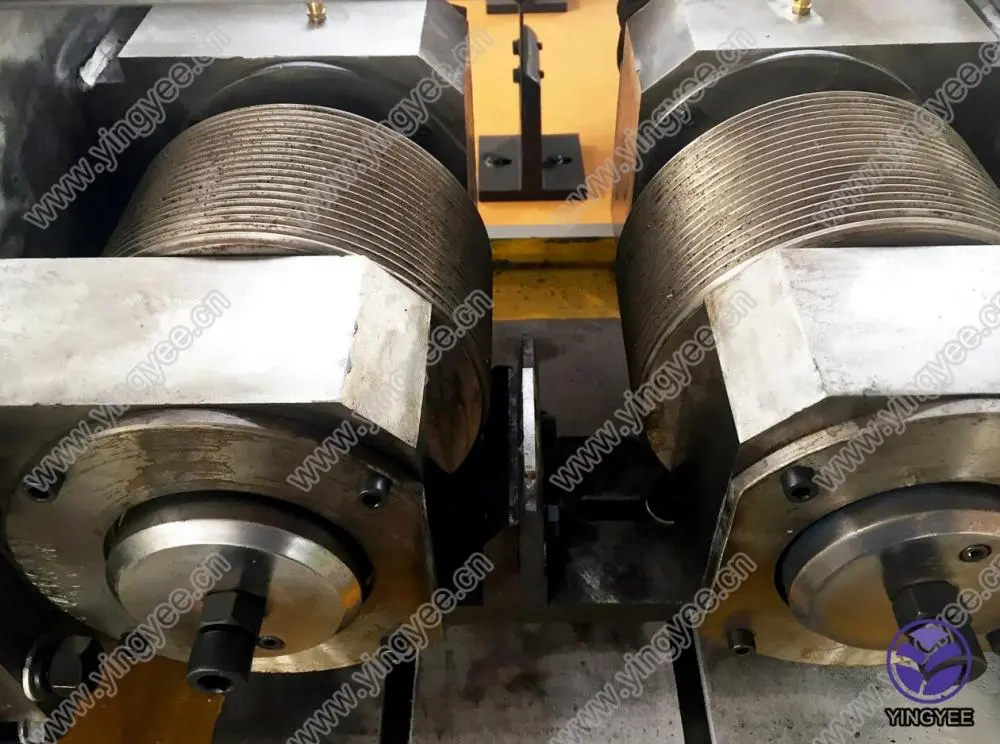
Understanding Metal Stud Forming Machines
Metal stud forming machines play a crucial role in the construction and building industry. These versatile machines are designed to fabricate metal studs, which are essential components in the framing of walls, ceilings, and other structures. The process of forming metal studs involves precision engineering and innovative technology, making it a vital aspect of modern construction practices.
The primary function of a metal stud forming machine is to convert flat metal sheets into the desired stud shapes using a series of processes, including punching, bending, and welding. Typically, manufacturers use materials such as galvanized steel or cold-formed steel, which provide durability and resistance to corrosion. The machine operates by feeding the metal strip through a series of rollers that shape the metal into specific profiles, such as C-studs or U-channels.
One of the significant advantages of using metal studs is their lightweight nature compared to traditional wooden framing. This characteristic not only simplifies transportation and handling but also reduces the overall structural load. Additionally, metal studs are non-combustible, offering improved fire resistance, which is a critical feature in many building codes. Furthermore, their resistance to warping and settling ensures that the structural integrity of a building is maintained over time.

Modern metal stud forming machines are equipped with advanced technology that enhances their efficiency and precision. Automation and computer numerical control (CNC) capabilities allow for custom configurations and rapid production runs without sacrificing quality. Operators can easily adjust settings and make real-time modifications, responding to the varying demands of construction projects.
Moreover, the rise of sustainable building practices has increased the demand for metal stud framing. Recyclability is a significant benefit of metal, as many manufacturers now use recycled materials in their production processes. By choosing metal studs, builders can contribute to environmental conservation efforts while also enjoying the long-term benefits of durability and minimal maintenance.
In conclusion, metal stud forming machines are integral to the contemporary construction landscape. Their ability to produce lightweight, fire-resistant, and sustainable framing solutions makes them indispensable. As technology advances, we can anticipate even greater efficiencies in metal stud manufacturing processes, paving the way for safer and more sustainable building practices. The continued evolution of these machines reflects the industry's commitment to innovation and quality, ensuring that they remain at the forefront of construction technology.